
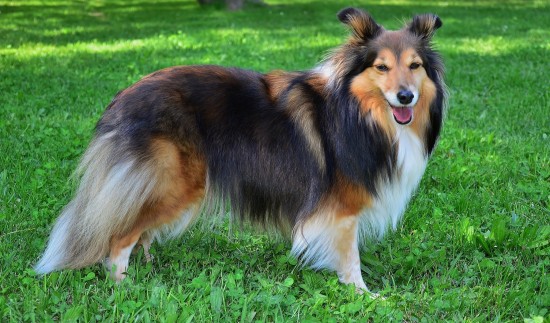
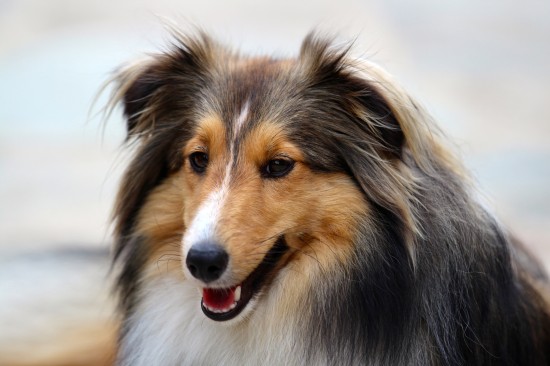
The Shetland sheepdog is also sometimes known as the Sheltie, and is a small to medium sized dog of the herding dog type. They are energetic, lively dogs that need a lot of stimulation, and can be very vocal and excitable, meaning that they are relatively high maintenance to own! Originally bred in the Shetland Islands as a herding/sheep guarding dog, the breed has a strong working history and is still widely used as a working farm dog, as well as being a popular choice of family pet.
It is thought that they originated with other herding dogs of the spitz type, possibly crossed with collie stock from mainland Britain to produce an excellent working herding dog with superior endurance. They generally stand between 10-13” tall at the withers, and are distinctive thanks to their incredibly long, thick coats that often make them appear much larger in girth than they actually are!
If you are considering owning a Shetland sheepdog as a pet, you should be prepared to dedicate a lot of time to exercising your dog and keeping them entertained, and they do not thrive when left alone for long periods of time or kept in a sedentary lifestyle. In this article, we will cover some of the most frequently asked questions about the breed, to help potential owners reach a decision on their suitability as pets. Read on to learn more.
The Shetland sheepdog is first and foremost a working dog, and they have the type of high level working intelligence required to undertake their working role. This makes them more than capable of retaining complex commands and learning a lot of different skills, but they are also apt to get bored easily if they are not stimulated, and soon get fed up with too much repetitive training.
They require an experienced trainer and handler who can keep up with them and stay one step ahead, and provide plenty of variety and mental stimulation as part of their training regime. They retain the ability to learn throughout their lives, and like variety and always having something new to do!
The Shetland sheepdog is a very lively dog with bundles of energy, who needs to be walked and given the opportunity to play and run around several times a day. While they are more than capable of entertaining themselves in the garden for a while, they do require plenty of interaction and variety in terms of their exercise, and soon get bored with the same old routine. Expect to spend at least an hour two or three times a day walking and entertaining your dog to keep them happy!
The Shetland sheepdog is a fun loving, playful dog that retains their desire for play well into old age. They are very loving with their families and have a particular soft spot for children, particularly if the children like to involve the dog in their games and play fetch or other activities with the dog. They are kind and gentle and unlikely to be pushy with smaller children, but they do sometimes find it hard to know when enough is enough and when the kids have had enough and want to go inside to relax!
The Shetland sheepdog has strong hunting instincts, and may pursue other small animals such as cats outside of the home. However, when properly introduced, they can share their home happily with a cat, and when well socialised, also very much enjoy the company of other dogs.
The coat of the Shetland sheepdog is very long and thick, and apt to pick up all manner of muck and debris when out on walks! They also shed their coats heavily, which can mean a lot of time is needed in clearing up after the dog, and they should be brushed and combed regularly in order to keep the coat in good condition. If you are not able to commit to brushing the dog on an almost daily basis, the Shetland sheepdog may not be a good fit for you, as it is fair to say that caring for the coat of this breed is relatively high maintenance.
The average longevity of the Shetland sheepdog is twelve to thirteen years, and they are generally a robust and hardy breed. However, like all purebred dogs, they do have elevated risk factors for certain genetically inherited health problems, including epilepsy, hip dysplasia, hypothyroidism and skin problems.
They are also considered to have elevated risk factors for a type of cancer known as transitional cell carcinoma, or TCC, which is a cancer of the bladder. Collie eye anomaly and progressive retinal atrophy are another two conditions that present themselves with a higher than usual occurrence rate within the Shetland sheepdog breed pool, as is Von Willebrand disease, a blood clotting disorder.
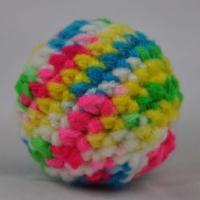 What To Look For When Choosing A Catnip Cat Toy
While we all love to spoil our pets, a quest for a new c
What To Look For When Choosing A Catnip Cat Toy
While we all love to spoil our pets, a quest for a new c
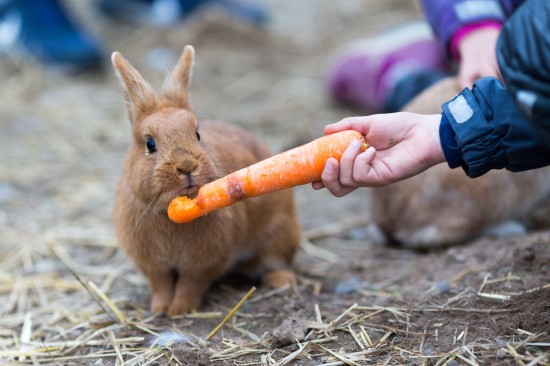 Rabbits And Their Feeding And Nutritional Requirements
Rabbits And Their
Rabbits And Their Feeding And Nutritional Requirements
Rabbits And Their
 Retinal Dysplasia In Dogs
Retinal Dysplasia
Retinal Dysplasia In Dogs
Retinal Dysplasia
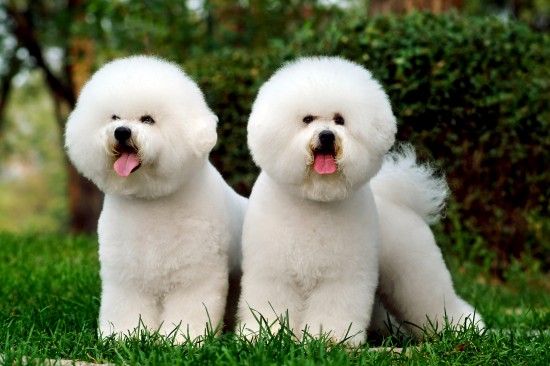 Health And Care Of The Bichon Frise Dog
Health And Care O
Health And Care Of The Bichon Frise Dog
Health And Care O
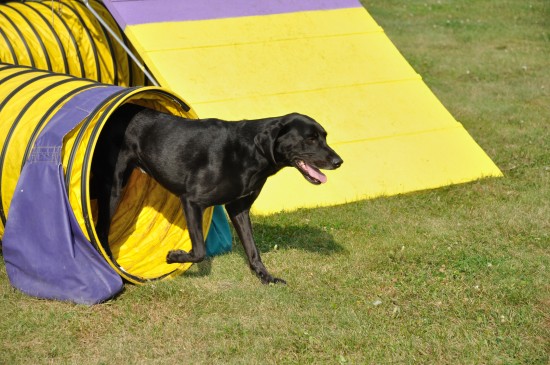 The Best Dog Breeds For Agility And Dog Sports
The Best Dog Bree
The Best Dog Breeds For Agility And Dog Sports
The Best Dog Bree
Copyright © 2005-2016 Pet Information All Rights Reserved
Contact us: www162date@outlook.com